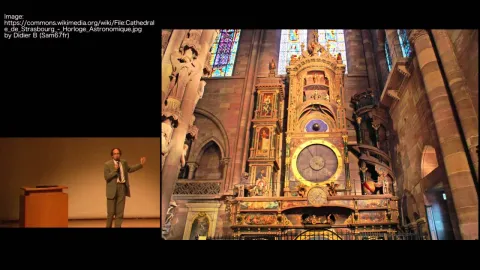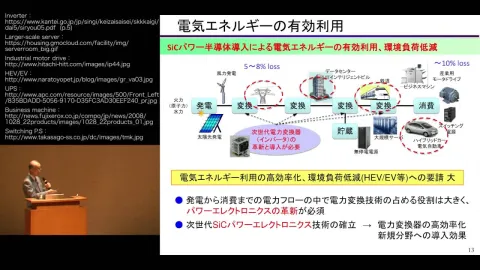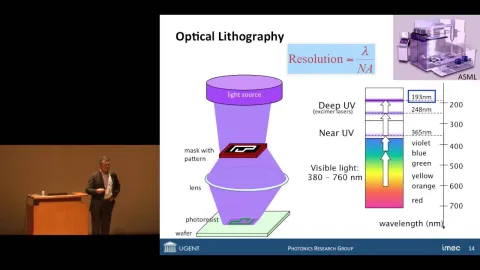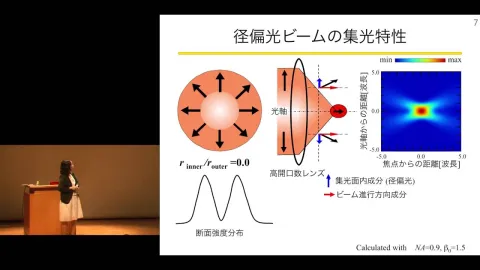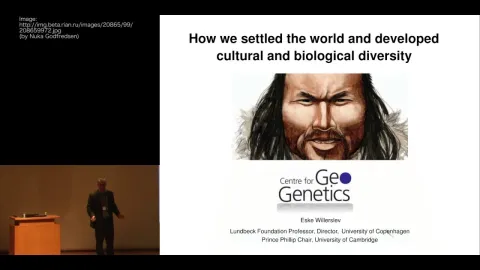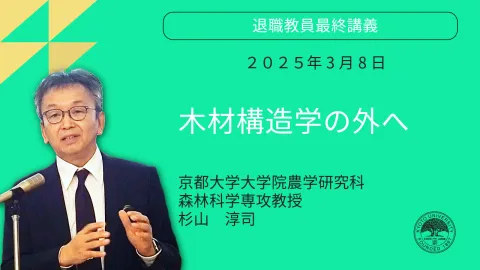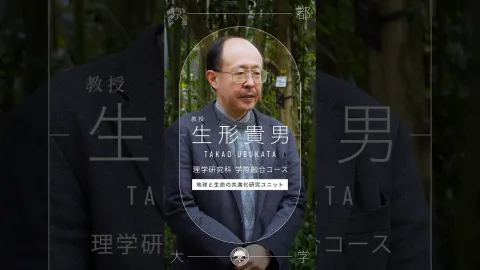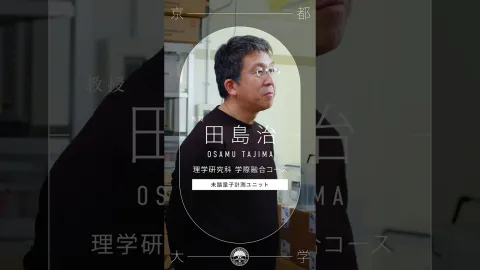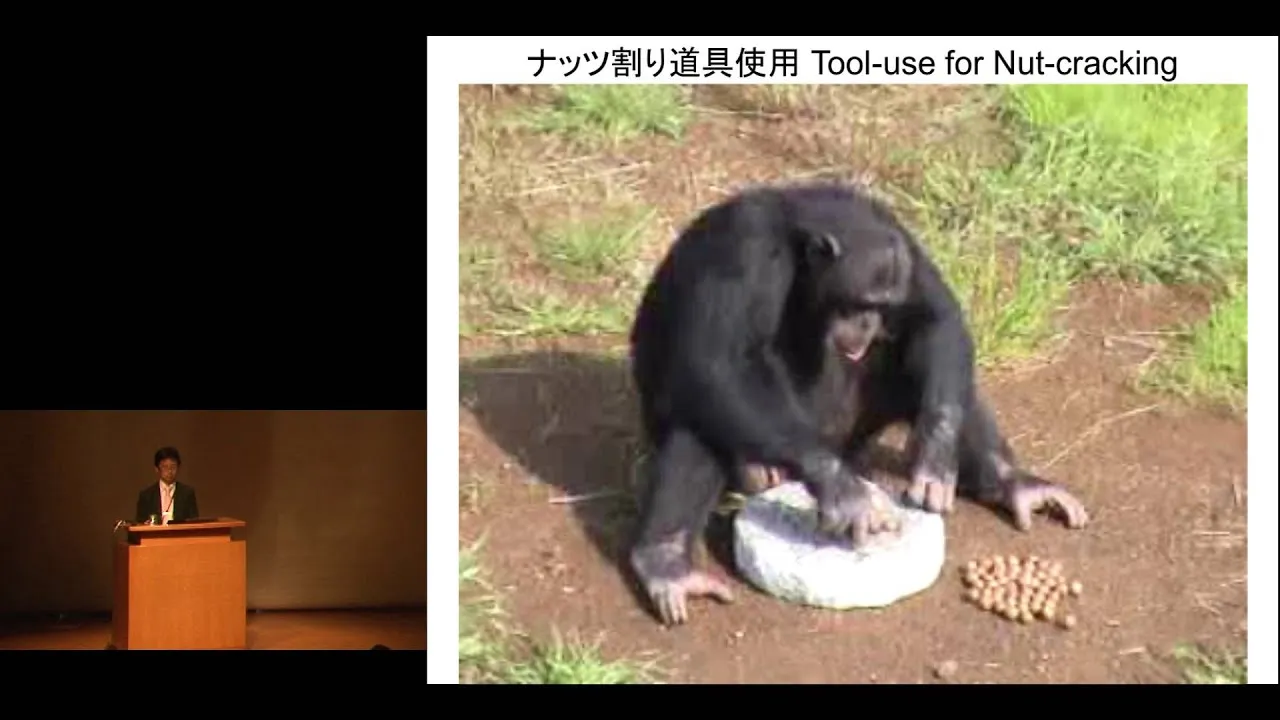
July 11-12, 2015
2nd Kyoto University-Inamori Foundation Joint Kyoto Prize Symposium
http://kuip.hq.kyoto-u.ac.jp/en/archives/2015/about/
[Biological Sciences Session]
Satoshi Hirata
Professor, Wildlife Research Center, Kyoto University
“Understanding social intelligence in chimpanzees and bonobos - A quest for the evolutionary origins of the human mind”
Chimpanzees and bonobos are the evolutionarily closest primates to humans, and thus research on these apes helps us to understand the origins of human nature. Homo sapiens, the scientific name for human beings, means “wise man” in Latin. How, then, did we become “wise?” The social intelligence hypothesis claims that the evolution of intelligence is driven by the needs of living in a complex social world where an individual is faced with various social problems, such as competition, cooperation, and conflict resolution. I have been exploring social intelligence in apes by creating various social situations experimentally. In a cooperative task, for example, I presented pairs of chimpanzees with a task in which they were required to each pull one end of the same rope simultaneously to drag targets into reach. The chimpanzees were able to learn to successfully coordinate their behavior. I have also introduced a number of advanced technologies -such as eye-tracking, event-related potential measurements, and ultrasound sonography- in studies of the apes’ cognition and behavior from a comparative perspective. We are able to understand the evolutionary origins of human nature through those comparative studies of chimpanzees and bonobos.
You can find the other lectures on Kyoto University OCW:
https://ocw.kyoto-u.ac.jp/en/opencourse-en/134/video
この動画は、クリエイティブ・コモンズ・ライセンス“Attribution-NonCommercial-ShareAlike (CC BY-NC-SA)”が付与されています。 私的学習のほか非営利かつ教育的な目的において、適切なクレジット表記をおこなうことで、共有、転載、改変などの二次利用がおこなえます。 コンテンツを改変し新たに教材などを作成・公開する場合は、同じライセンスを継承する必要があります。 詳細は、クリエイティブ・コモンズのウェブサイトをご参照ください。
- 部局
- 分野
- タグ




